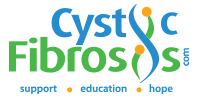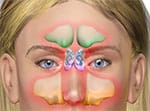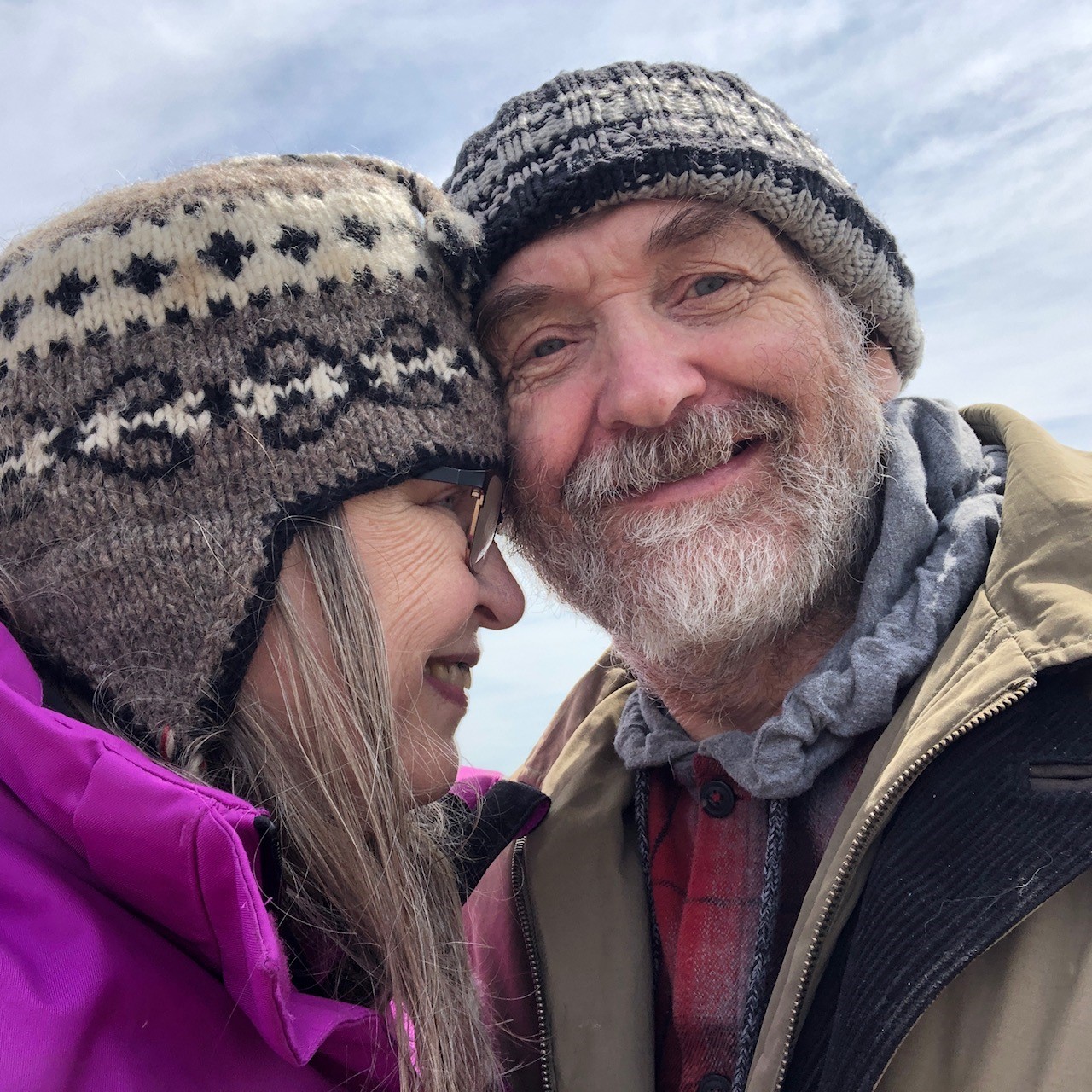Cystic Fibrosis symptoms: Mayo clinic’s sinusitis treatment suggestions
For many patients, chronic sinusitis is a part of their many Cystic Fibrosis symptoms.
From the Mayo Clinic, about sinusitis:
The goal of treating chronic sinusitis is to:
Reduce sinus inflammation
Keep your nasal passages draining
Eliminate the underlying cause
Reduce the number of sinusitis flare-ups
Treatments to relieve symptoms
Your doctor may recommend treatments to help relieve sinusitis symptoms. These include:
- Saline nasal irrigation, which you spray into your nose to rinse your nasal passages.
- Nasal corticosteroids. These nasal sprays help prevent and treat inflammation. Examples include fluticasone (Flonase), budesonide (Rhinocort Aqua), triamcinolone (Nasacort AQ), mometasone (Nasonex) and beclomethasone (Beconase AQ).
- Oral or injected corticosteroids. These medications are used to relieve inflammation from severe sinusitis, especially if you also have nasal polyps. Examples include prednisone and methylprednisolone. Oral corticosteroids can cause serious side effects when used long term, so they’re used only to treat severe symptoms.
- Decongestants. These medications are available in over-the-counter (OTC) and prescription liquids, tablets and nasal sprays. Examples of OTC oral decongestants include Sudafed and Actifed. An example of an OTC nasal spray is oxymetazoline (Afrin). These medications are generally taken for a few days at most; otherwise they can cause the return of more severe congestion (rebound congestion).
Further treatment may include Antibiotics (if there is a bacterial infection) and Immunotherapy if the sinusitis is caused by allergies.
In cases resistant to treatment or medication, endoscopic sinus surgery might be an option.
Read the full article here Read More…




